What will turmeric help with?
min. reading
Turmeric is a spice that has found use in both cooking and medicine. It is extracted from the root of the spurge, a plant in the ginger family. We can find turmeric both in the form of root, paste with other ingredients, but also as a spice. Turmeric is a very common product and is used in most kitchens. It contains the curcuminoids curcumin, demethoxycurcumin and bis-demethoxycurcumin. These compounds are responsible for its intense yellow-orange color and biological activity.
Table of Contents
Properties of turmeric and its effects
Turmeric has many properties that positively affect the functioning of the body. It is valued for its anti-inflammatory properties, positive effects on the liver, digestive system, and respiratory system. Turmeric also helps with excessively high cholesterol. In recent years, curcumin in turmeric has also been proven to have a positive effect in the treatment of diabetes, allergies, Alzheimer’s disease, arthritis and other chronic diseases. Learn more about its properties!
Anti-inflammatory properties
Inflammatory reactions going on in our bodies contribute to the development of autoimmune, cancer, cardiovascular and even endocrine diseases. Reactive oxygen species, which are created by, for example, poor diet, exhaust fumes and lack or excess of physical activity, contribute to inflammation. It has been proven that turmeric can reduce oxidative stress levels by reducing inflammation. To increase the effectiveness of turmeric, we can add black pepper, which has piperine in its composition, which increases the absorption of curcumin [1].
Turmeric and the liver
The most common liver disease is steatohepatitis. It affects people all over the world – in developed countries about 25-30%, while in developing countries between 6% and 35%. When treating and preventing steatohepatic disease, a proper diet plays a very big role. Care should be taken to ensure an adequate supply of protein and limit the excessive supply of fats – especially saturated fats and excess simple carbohydrates [2].
Interestingly, a beneficial effect of turmeric has been observed in fatty liver disease.The use of doses higher than 1 gram/day showed a tendency to reduce the activity of liver enzymes [2].
It is speculated that curcumin may alleviate hepatic steatosis or reduce the risk of its occurrence by inhibiting fatty acid synthesis. In addition, it may have an effect on reducing inflammation [2].
Effect of turmeric on cholesterol levels
Cardiovascular disease is the leading cause of mortality worldwide. Both excessively high body weight, diabetes and dyslipidemia contribute to the development of atherosclerosis. Low cholesterol and LDL lipoprotein levels are associated with a low risk of cardiovascular disease [3].
The use of turmeric shows anti-inflammatory and cardioprotective (lipid lowering) effects. In addition, the use of turmeric together with piperine increased its health effect [3].
Positive effects of turmeric on the digestive system
Neurodegenerative diseases concerning disorders of the central nervous system. Examples of such diseases include dementia, Parkinsonism and Alzheimer’s. There is growing evidence linking mitochondrial dysfunction to oxidative stress and these diseases [4].
Curcumin exhibits significant neuro and mitochondrial properties that show therapeutic effects in central nervous system disorders [4].
Healthy respiratory system thanks to turmeric
Allergy is a disease that often takes a toll on the respiratory system. With allergies, there is an increase in inflammation. The effect of curcumin on allergy-related inflammation has been confirmed in studies [5].
Asthma is a chronic inflammatory disease of the bronchi that leads to their uncontrolled contractions. It has been proven that curcumin can prevent bronchitis in asthmatic patients and reduce allergy-related inflammation in allergic patients [1].
Strengthen immunity with turmeric
Turmeric has many properties that benefit the body. The curcumin in turmeric has been shown to affect inflammatory cytokines, growth factors and the body’s antioxidant system. Free radicals and inflammation can influence the occurrence of cancer. Turmeric acts as a natural antioxidant, thus reducing the inflammation going on in our body. In addition, curcumin can stop the cell cycle in cancer cells and lead to their destruction (apoptosis) [6].
We hope we have answered the question: why turmeric is healthy. Get to know our products containing turmeric!
Products with tumeric
Bibliography:
- Pulido-Moran M., Moreno-Fernandez J., Ramirez-Tortosa C., Ramirez-Tortosa M.: Curcumin and Health. 2016, 21: 264.
- Mansour-Ghanaei F., Pourmasoumi M., Hadi A., Joukar F.: Efficacy of curcumin/turmeric on liver enzymes in patients with non-alcoholic fatty liver disease: A systematic review of randomized controlled trials. 2019, 8: 57-61.
- Qin S., Huang L., Gong J., Shen S., Huang J., Ren H., Hu H.: Efficacy and safety of turmeric and curcumin in lowering blood lipid levels in patients with cardiovascular risk factors: a meta-analysis of randomized controlled trials. 2017, 16: 68.
- Bagheri H., Ghasemi F., Barreto G. E., Rafiee R., Sathyapalan T., Sahebkar A.: Effects of curcumin on mitochondria in neurodegenerative diseases. 2019.
- Kurup V. P., Barrios C. S.: Immunomodulatory effects of curcumin in allergy. 2008, 52: 1031-1039.
- Chakraborty S., Ghosh U., Bhattacharyya N. P., Bhattacharya R. K., Roy M.: Inhibition of telomerase activity and induction of apoptosis by curcumin in K-562 cells. 2006, 596: 81-90.


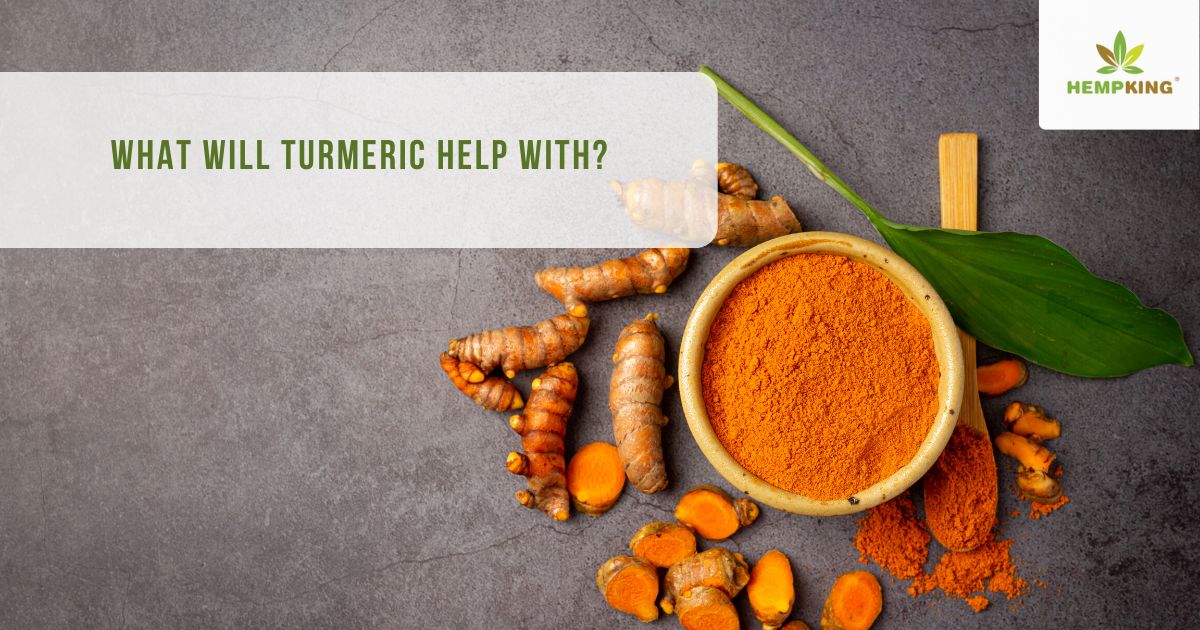





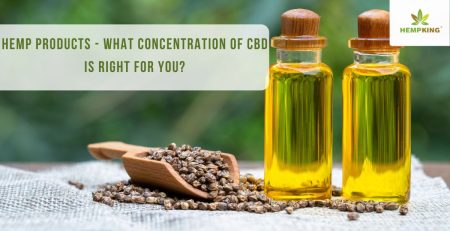

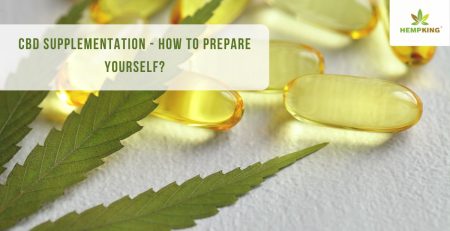


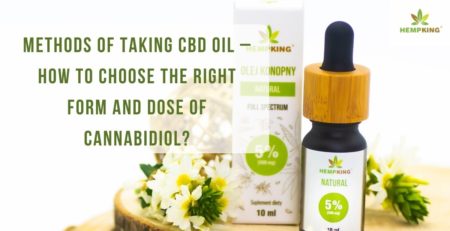

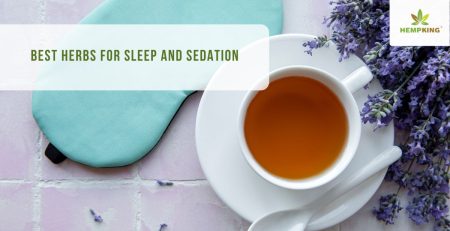
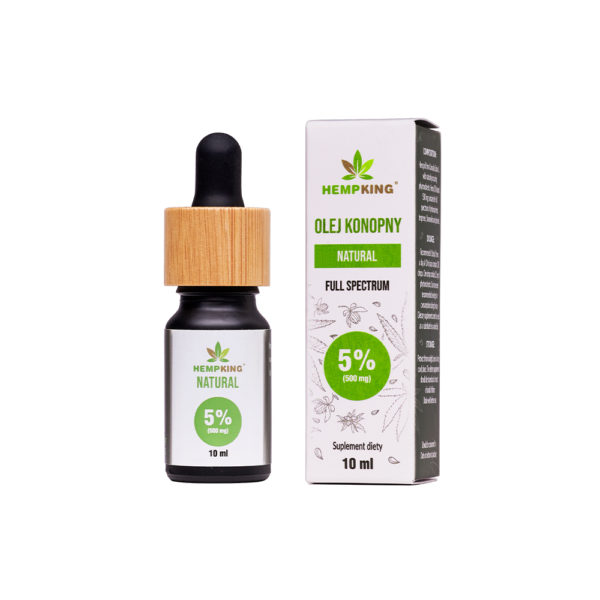
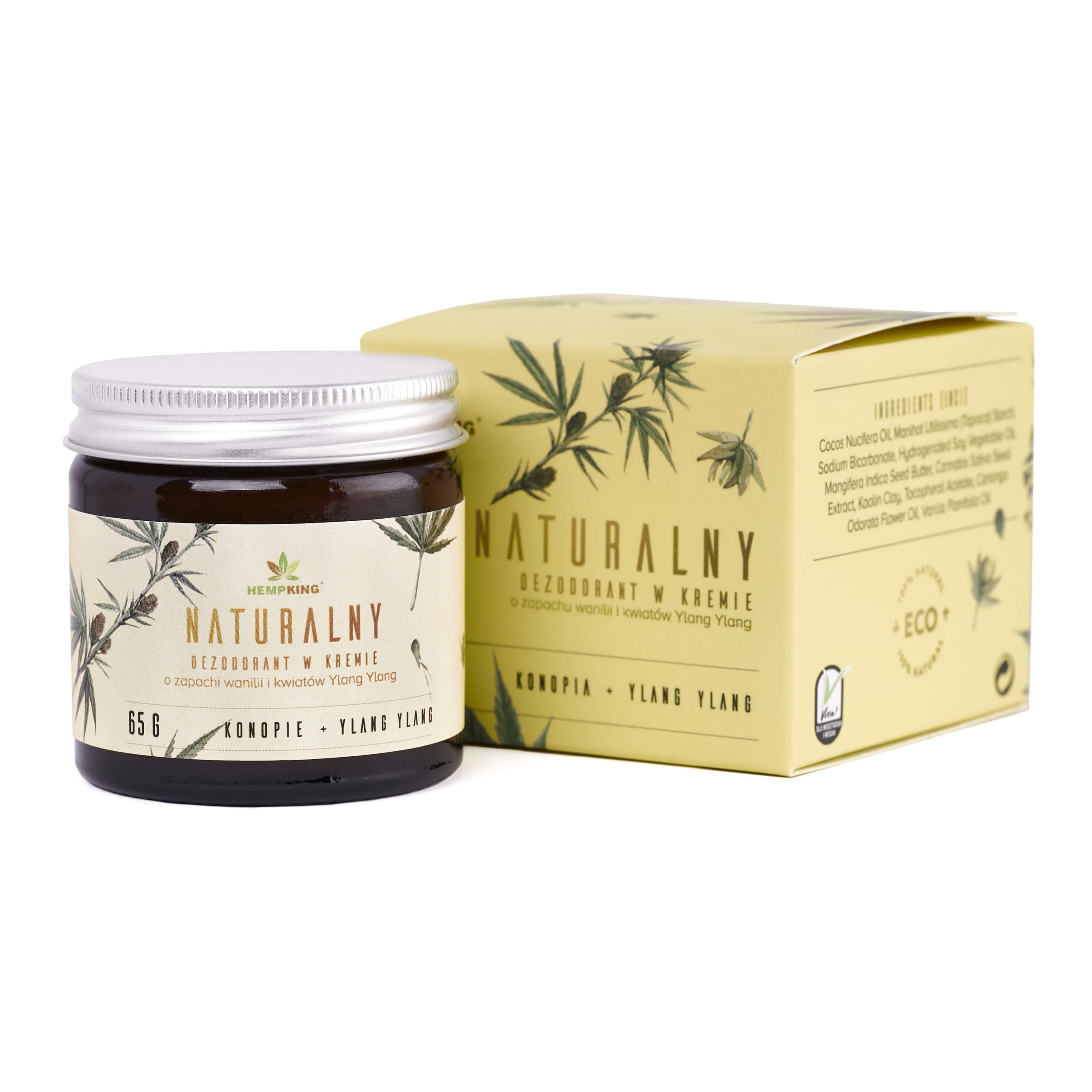
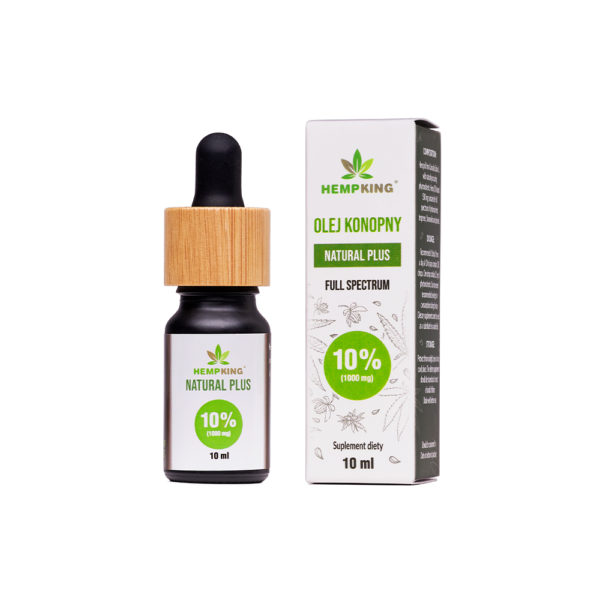
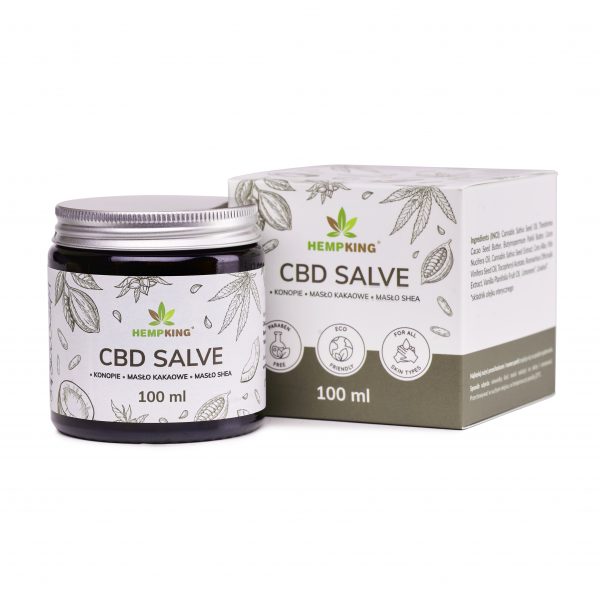
 Facebook
Facebook Instagram
Instagram

Leave a Reply